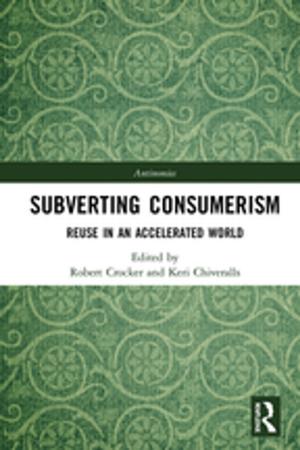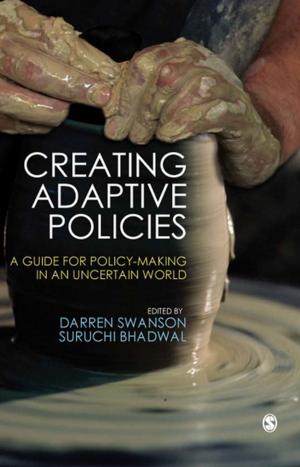| Author: | Chet Shupe | ISBN: | 9781370615599 |
| Publisher: | Chet Shupe | Publication: | September 8, 2016 |
| Imprint: | Smashwords Edition | Language: | English |
| Author: | Chet Shupe |
| ISBN: | 9781370615599 |
| Publisher: | Chet Shupe |
| Publication: | September 8, 2016 |
| Imprint: | Smashwords Edition |
| Language: | English |
Humanity is blind to the failures of civilization. Though we suffer emotionally from the shortcomings in our way of life, we work hard to ignore our pain, assuming our suffering is our own fault. If we could observe civilization from the outside, we might see these failings and be able to free ourselves from all the mistaken beliefs that hold modern society together, and relieve the pain.
Humans instinctively prefer living in the moment, over role playing. So why do we spend most of our time living for the future? It’s because civilization is based on the belief that humans must control the future. You can’t live in the moment, and do that. Essentially, human civilization has trapped us in a false paradigm, imprisoning us in the roles we must play to fit into civilization that believes only in the future. Humanity embraced ownership and the future thousands of years ago. In doing so, we banished ourselves from our natural state of happiness and balance with Nature that all people once took for granted.
Living, as we do, as part of the complex system known as civilization, we cannot be true to the selves we evolved to be. We’re being true, instead, to the institutions that grant us the right to own property. Being true to ourselves was once the organizing principle among humans. Now, ownership and the role-playing it requires define our lives, within the context of institutionalized civilization—causing perpetual emotional pain.
A key element of civilization is the nuclear family, which is based on the tradition of men owning women. It is in the family where the role playing civilization requires is the most onerous to our spirits. That is why nearly half of American adults now live alone, why marriages are often unhappy, why divorce and spousal abuse are so rampant, and why ever more children are in need of foster care. This is but one example of the suffering mankind continues to endure, never knowing why.
The solution begins with acknowledging the elephant in the room—the failure of the nuclear family and the many other institutions on which civilization stands. This will not be the end, but the beginning of our return to the natural way of life through which humanity once thrived.
Humanity is blind to the failures of civilization. Though we suffer emotionally from the shortcomings in our way of life, we work hard to ignore our pain, assuming our suffering is our own fault. If we could observe civilization from the outside, we might see these failings and be able to free ourselves from all the mistaken beliefs that hold modern society together, and relieve the pain.
Humans instinctively prefer living in the moment, over role playing. So why do we spend most of our time living for the future? It’s because civilization is based on the belief that humans must control the future. You can’t live in the moment, and do that. Essentially, human civilization has trapped us in a false paradigm, imprisoning us in the roles we must play to fit into civilization that believes only in the future. Humanity embraced ownership and the future thousands of years ago. In doing so, we banished ourselves from our natural state of happiness and balance with Nature that all people once took for granted.
Living, as we do, as part of the complex system known as civilization, we cannot be true to the selves we evolved to be. We’re being true, instead, to the institutions that grant us the right to own property. Being true to ourselves was once the organizing principle among humans. Now, ownership and the role-playing it requires define our lives, within the context of institutionalized civilization—causing perpetual emotional pain.
A key element of civilization is the nuclear family, which is based on the tradition of men owning women. It is in the family where the role playing civilization requires is the most onerous to our spirits. That is why nearly half of American adults now live alone, why marriages are often unhappy, why divorce and spousal abuse are so rampant, and why ever more children are in need of foster care. This is but one example of the suffering mankind continues to endure, never knowing why.
The solution begins with acknowledging the elephant in the room—the failure of the nuclear family and the many other institutions on which civilization stands. This will not be the end, but the beginning of our return to the natural way of life through which humanity once thrived.















